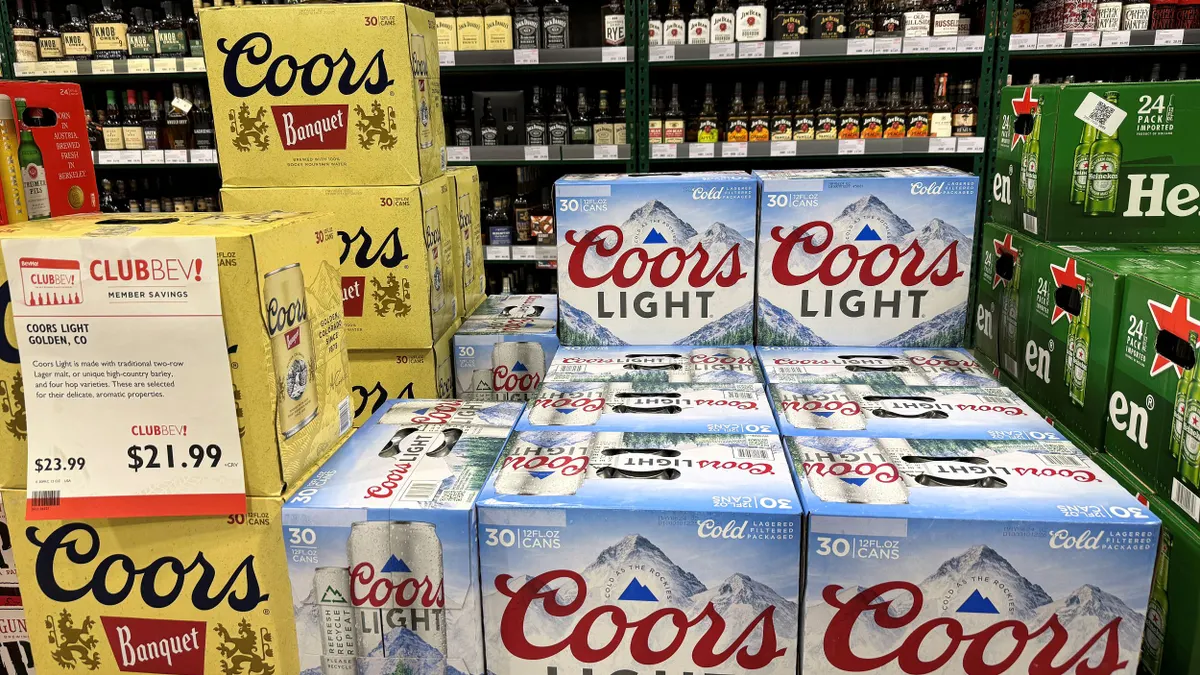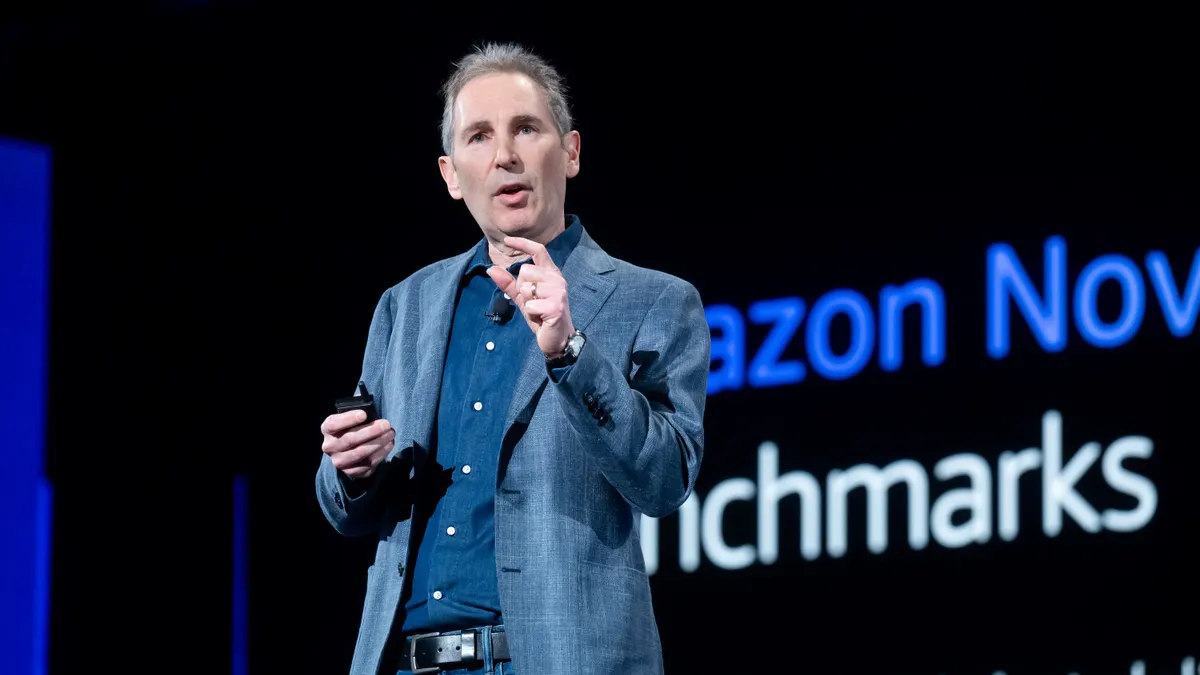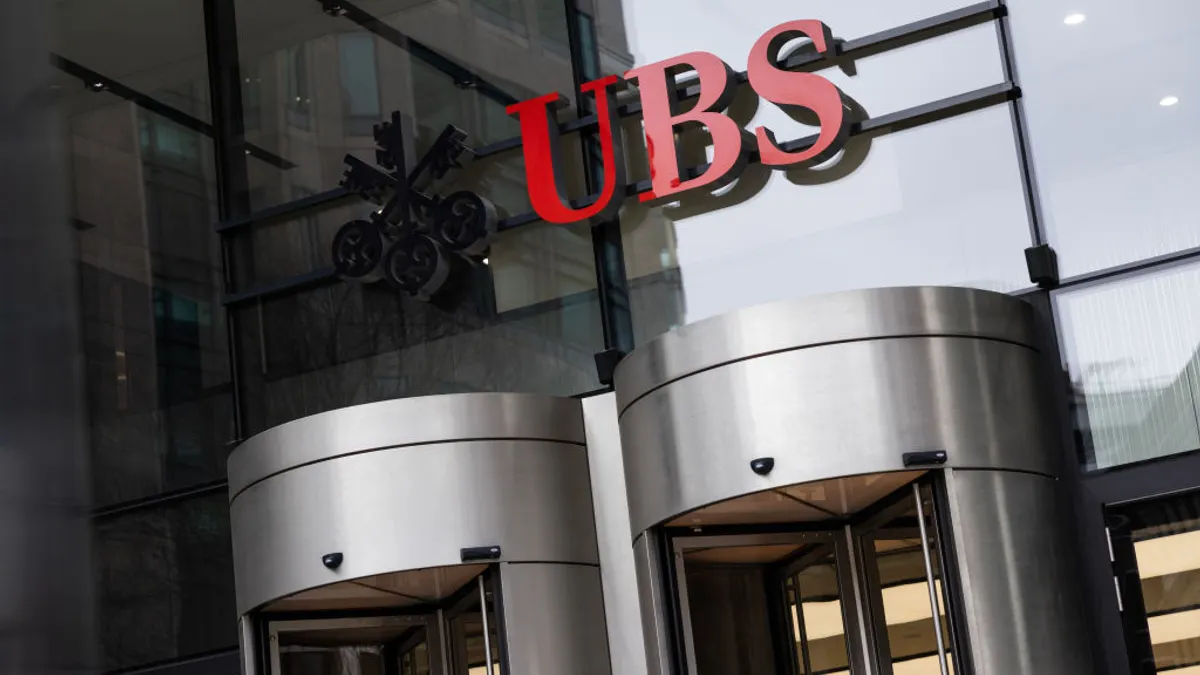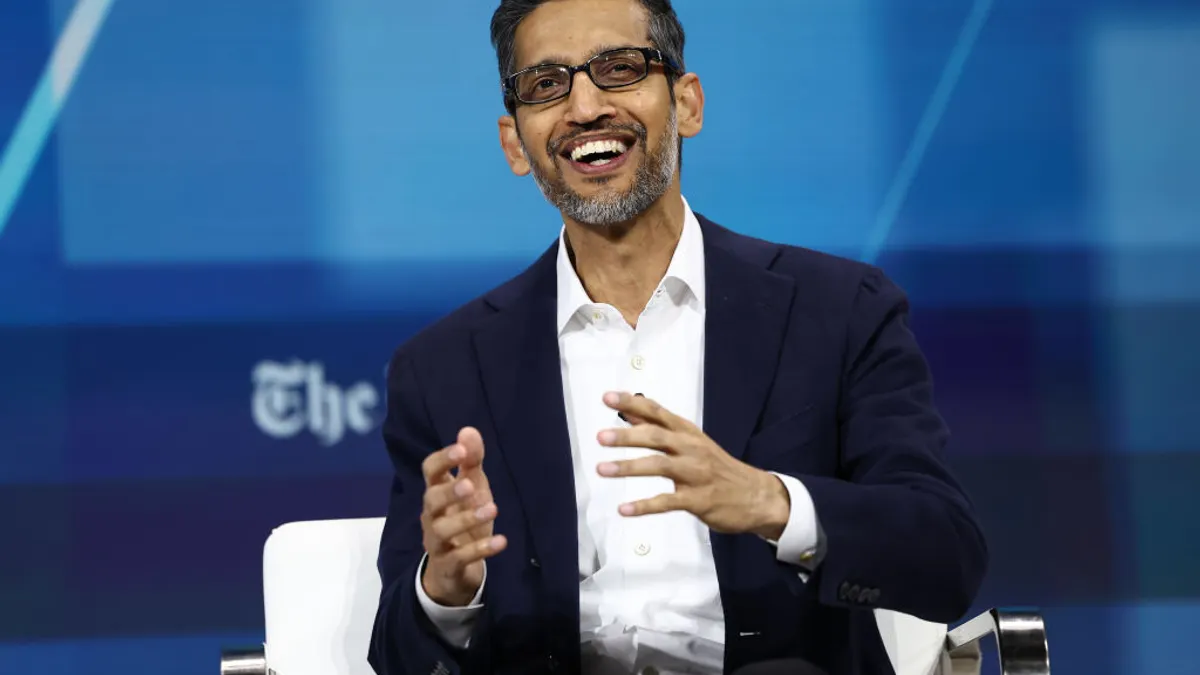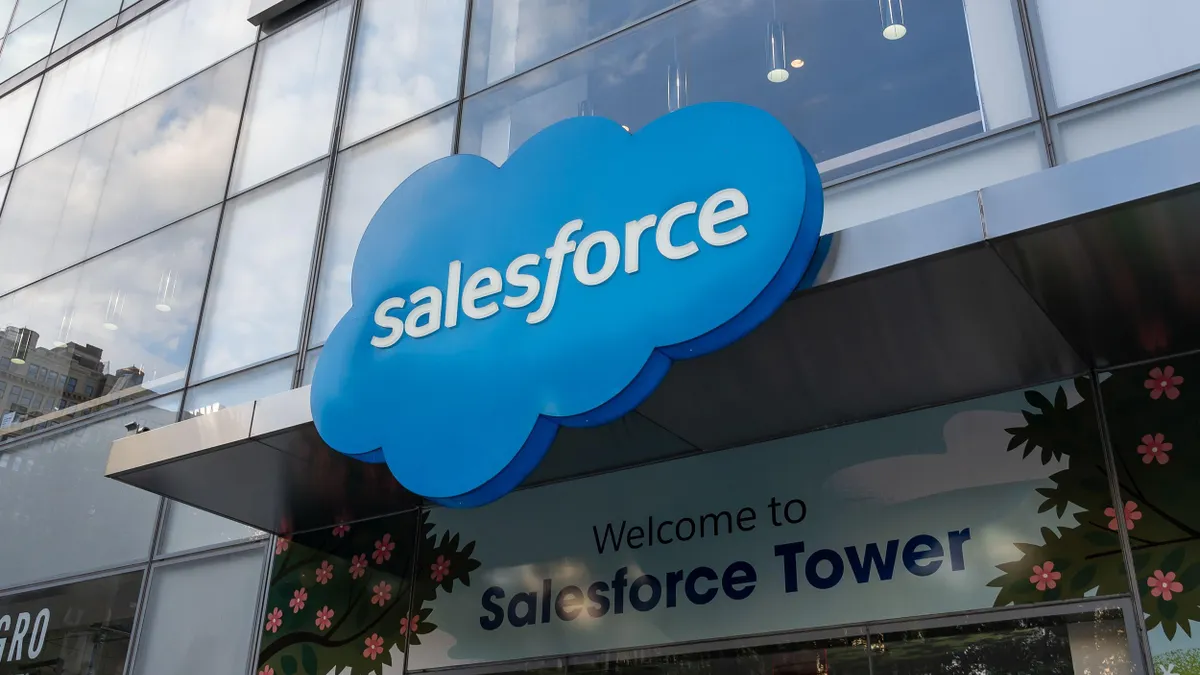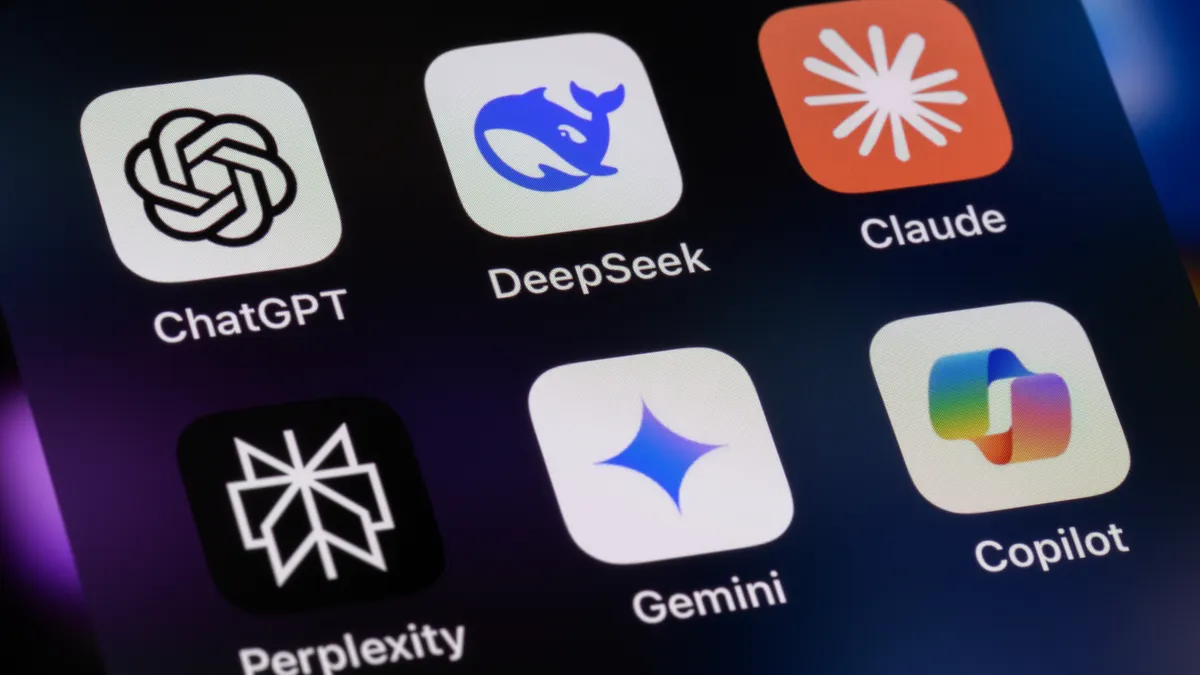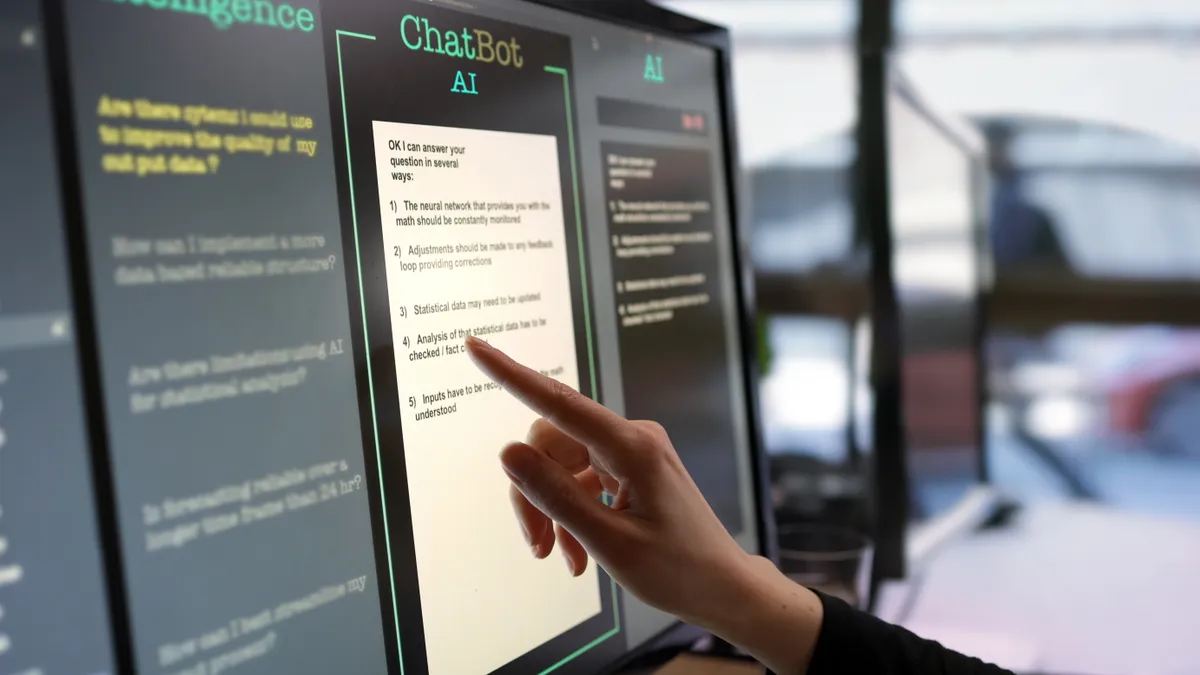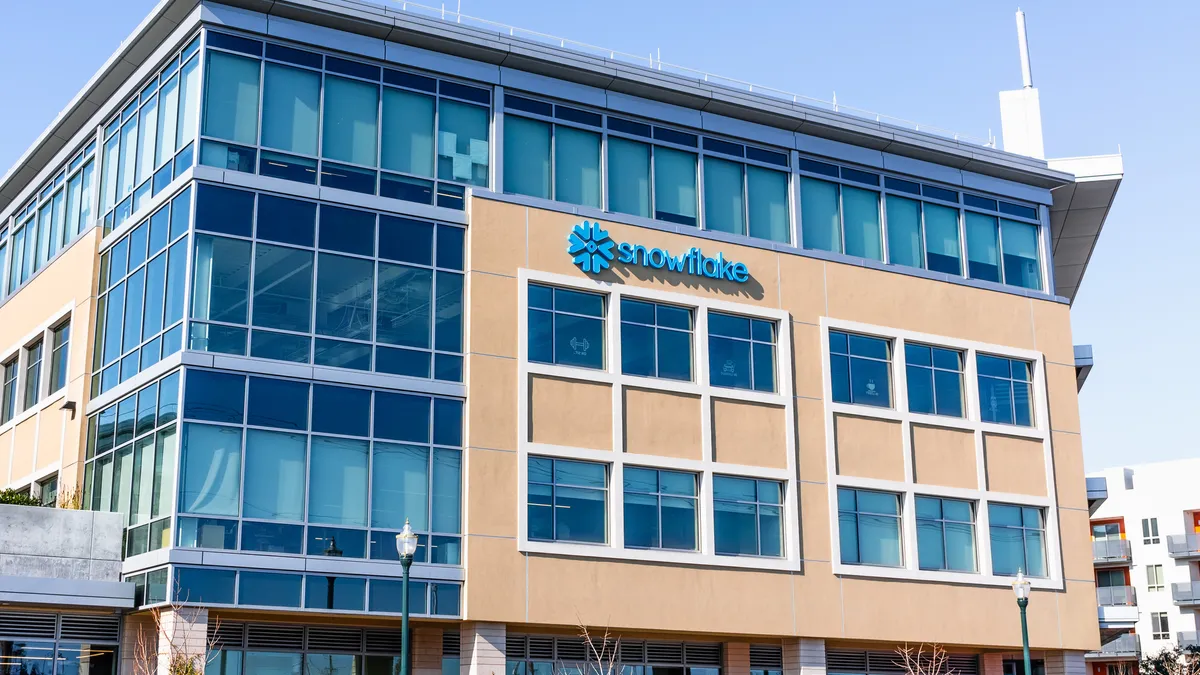Industries across the economy are continually refining their AI strategies quarter after quarter, often tying the success of initiatives to broader business goals.
While generative and agentic AI are dominating conversations, organizations are still relying on foundational elements, such as machine learning and routine automation. However, newer technologies have captured CIOs' attention.
Here’s how retailers, banks and beverage makers are approaching AI adoption, from ROI to use cases.
Retailers
Retail businesses are adopting AI for a plethora of reasons. Some want to use the technology to revamp customer or employee experiences. Others see the technology as a way to accelerate growth or cut costs. Most would say all of the above.
AI and technology are important levers in Dollar Tree's turnaround plan. Executives described the strategy as a “culture shift,” during its investor day in October.
“To make the most of our opportunities, Dollar Tree must evolve … from underinvestment in technology to an AI-enabled enterprise,” CEO and Director Michael Creedon said during the presentation to investors.
As part of its strategy overhaul, the company is replacing decades-old legacy systems with modern cloud-based platforms that can improve assortment planning, inventory visibility, workforce management and its cost structure at scale.
The company named Travis Nixon its SVP of AI optimization on Tuesday to complement the efforts.
The Tractor Supply Company is also optimistic about the potential for the technology. The company set three AI priorities: off-the-shelf software; custom-built software; and agents and automation.
Over the last half year, the company has ramped up adoption across teams, executives said. Around 1,500 of its employees have received access to OpenAI’s technology via enterprise accounts that are integrated with its Snowflake Data Lake, according to Hal Lawton, president, CEO and director of Tractor Supply.
“What that allows us to do now is to start, across the organization, building agents to automate and make things simpler and faster,” Lawton said during the company’s Q3 2025 earnings call in October.
The company is also working closely with existing vendors to adopt AI add-ons and capabilities where appropriate, “with clarity of understanding of functionality and security,” Lawton added.
Tractor Supply’s third-quarter results were in line with expectations as AI adoption progressed. Its net sales increased 7.2% to a record $3.7 billion while comparable store sales increased 3.9%.
Beverage makers
Food and beverage companies are betting on AI as a cost-saving measure, but the technology also requires significant investment to get started.
Molson Coors embarked on a turnaround strategy that includes revamping the organizational structure and pursuing growth opportunities. Even in challenging times, AI investment is a priority.
Continuing to ensure the company is investing sufficiently in technology is important, Rahul Goyal, CEO, president and director of the beer manufacturer said, pointing to infrastructure needs and AI.
“We're going to continue focusing on these areas… We need to make sure that the investment we have in people, technology is driving the right returns,” Goyal said during the company’s Q3 2025 earnings call Tuesday.
The Coca-Cola Company is also working to find the right balance between investment and cost savings. The company poured $1.1 billion into expanding its Microsoft partnership last year as it looked to explore Azure OpenAI Service and Copilot.
“We're going to find the extra investments to drive that growth,” CEO and Chairman James Quincey said during the company’s Q3 2025 earnings call in October. The company is currently assessing how it needs to evolve to generate its desired outcomes.
“That [evolution] will include ongoing productivity as we bring in AI and agentic tech over the coming years,” Quincey said, adding that the company would undergo some restructuring in 2026.
“While the overall environment has continued to be challenging, we’ve stayed flexible — adapting plans where needed and investing for growth,” Quincey said in a release accompanying the financial results for the quarter.
Coca-Cola reaffirmed its full-year guidance as net revenues grew 5% year over year to $12.5 billion for the three-month period ending Sept. 26.
As generative and agentic AI become more critical to Coca-Cola’s operations, the company is seeking returns on its investments.
“The role of AI, the role of generative AI, it's not just interesting to talk about,” John Murphy, Coca-Cola president and CFO, said during a conference this summer. "You've got to now convert that into real tangible outputs.”
Financial services firms
Banking institutions are chasing AI-fueled efficiencies — and there’s no signs of a slowdown.
BNY is undergoing transformation as it debuts a new commercial model and embraces AI. Over the past three months, the company has been particularly busy.
As part of BNY’s third-quarter earnings report, CEO Robin Vince said the company launched its AI platform, called Eliza, in September, democratizing access across its business. During the last quarter, the company has also begun collaborating with Carnegie Mellon University to create an AI lab that advances research, responsible governance and deployment.
“The investments we've made have been focused on creating the technology foundation to go faster, but adoption and success are ultimately driven by culture,” Vince said during the earnings call in October. “By putting AI in the hands of everyone at BNY, we intend to develop fluency and create capacity for our people to focus on higher-value work.”
At the end of Q3, BNY had 117 AI solutions in production, an increase of 75% compared to the prior quarter. The sum represents AI agents that identify business leads, write code and accelerate client onboarding.
Other financial services firms are pursuing agentic AI adoption, too. Citi, for example, piloted the technology for about 5,000 colleagues as part of a project that launched in September.
Agentic AI is set to be a prominent theme for the sector as businesses enter the new year.
“We believe our AI opportunity is significant,” Vince said. “We are pursuing it with urgency.”



